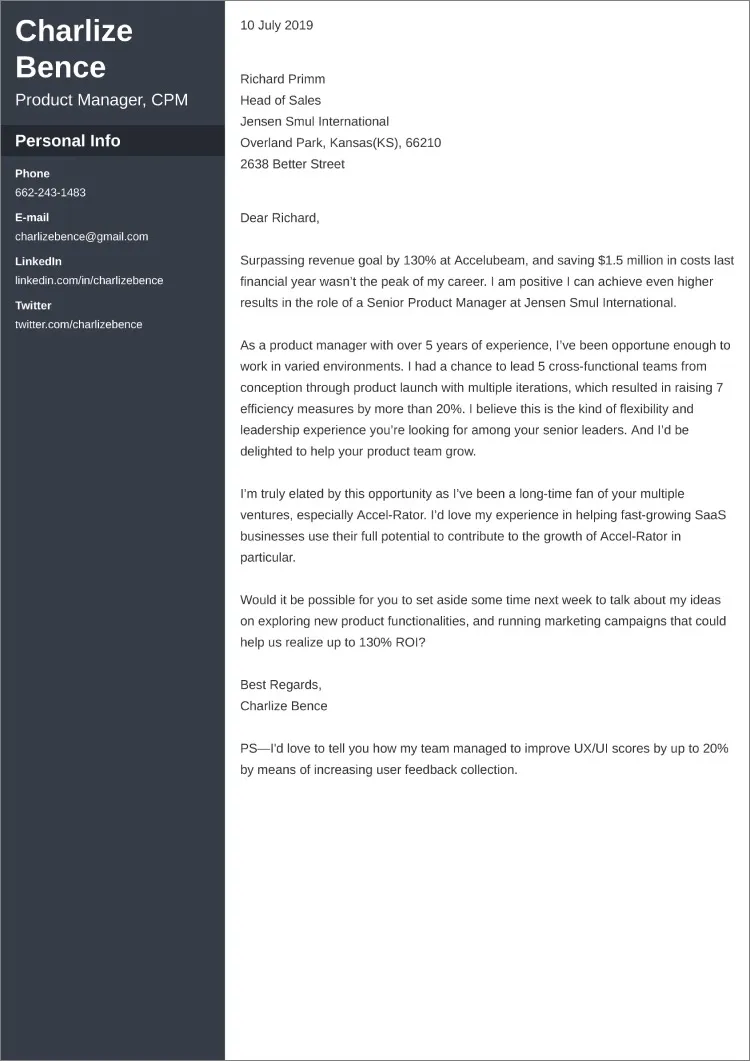Cover Letter Length The Ultimate Guide
The length of your cover letter is a critical factor in making a positive impression on potential employers. A well-crafted cover letter serves as your introduction, highlighting your skills and experiences in a concise and compelling manner. However, if your cover letter is too long or too short, it may undermine your chances of landing an interview. Therefore, understanding the ideal length for a cover letter is crucial for job seekers across all industries. This guide will provide you with comprehensive insights into cover letter length, helping you create a document that captures attention and secures you an interview.
Cover Letter Length Ideal Range
The ideal length for a cover letter is generally one page, or roughly 250 to 400 words. This allows you to provide sufficient detail about your qualifications without overwhelming the hiring manager. Aim for a cover letter that is succinct yet comprehensive, showcasing your most relevant skills and experiences. While the exact word count may vary, the key is to strike a balance between providing enough information to pique the reader’s interest and respecting their time. A well-formatted cover letter, with clear paragraphs and strategic use of white space, will make it easier for the hiring manager to quickly grasp your qualifications.
Why Cover Letter Length Matters
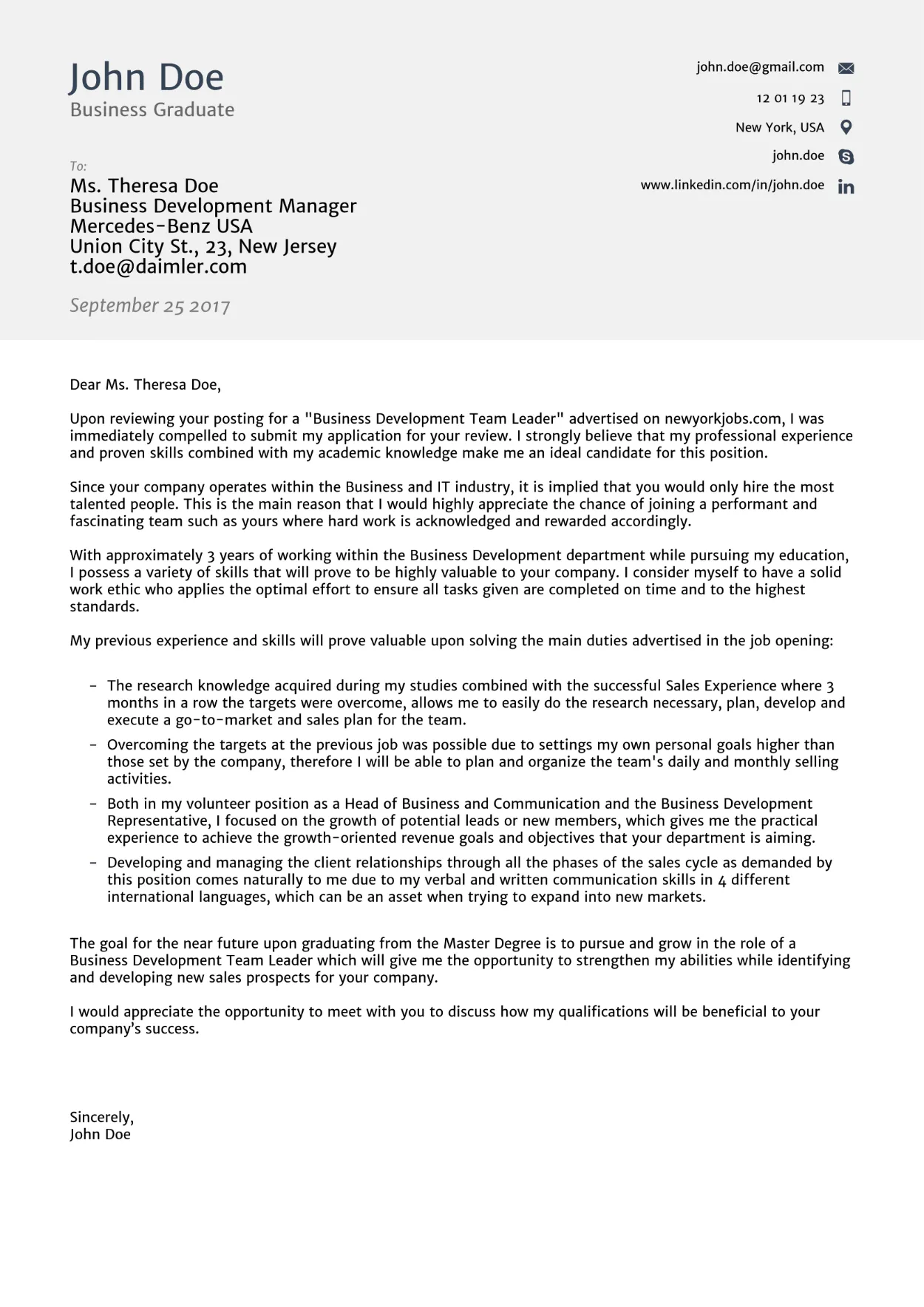
The length of your cover letter is important for several reasons. Hiring managers often have limited time to review applications, and a cover letter that is either too short or too long can be a red flag. A concise cover letter demonstrates your ability to communicate effectively and respect the reader’s time. A lengthy cover letter may suggest a lack of focus or an inability to prioritize key information. The length also reflects your understanding of professional communication norms. Employers often look for candidates who can follow instructions and adhere to accepted standards. Therefore, getting the length right is crucial for making a positive first impression.
Too Short Cover Letter
A cover letter that is too short, typically fewer than 200 words, may not provide enough information to showcase your qualifications effectively. A brief cover letter might miss the opportunity to highlight your key skills, relevant experience, and reasons for applying. It might appear that you have not put in enough effort. While brevity is important, you need to strike a balance and give enough detail to capture the reader’s attention. The goal is to create a compelling narrative that encourages the hiring manager to read your resume and consider you for the position. If your cover letter is too short, you may be perceived as uninterested or unqualified.
Why a Short Cover Letter Might Fail
A short cover letter might fail to convey the necessary information about your skills and experience. It may lack specific examples of your achievements and how you can contribute to the company. When your cover letter is too brief, it may not clearly illustrate your understanding of the job requirements or your enthusiasm for the role. In addition, a short cover letter could suggest that you have not thoroughly researched the company or the position. Hiring managers often look for candidates who are proactive and demonstrate a genuine interest in the opportunity, something difficult to achieve with a cover letter that is too short.
Too Long Cover Letter
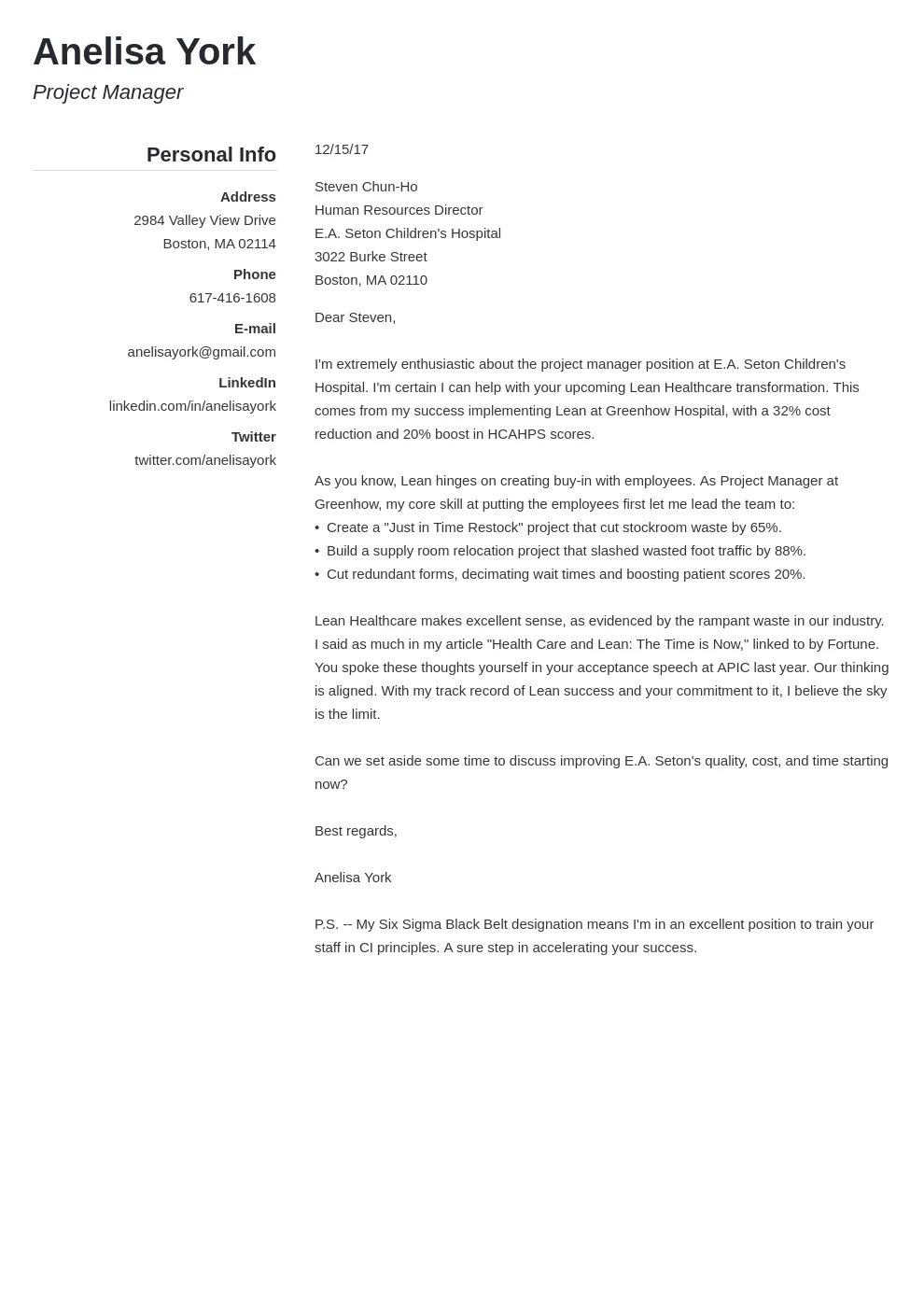
A cover letter that exceeds one page or is excessively long, often over 400 words, can be a turn-off for hiring managers. Recruiters and hiring managers are busy people, and they typically have many applications to review. A lengthy cover letter may suggest a lack of focus, an inability to communicate concisely, or a poor understanding of professional norms. It also increases the likelihood that the reader will lose interest or miss key details. If your cover letter is too long, it may not capture the reader’s attention and could lead to your application being overlooked. The goal is to be informative without being overwhelming.
Why a Long Cover Letter is a No-Go
A long cover letter can fail to make a strong impact because it dilutes the most important information. Important details can get lost in a sea of words, making it difficult for the hiring manager to grasp your qualifications. An excessively long cover letter may signal a lack of self-editing skills, which are important for any professional role. It also suggests that you do not respect the reader’s time. Hiring managers often appreciate candidates who can communicate effectively and efficiently. A long cover letter suggests the opposite. The best approach is to prioritize conciseness and provide the most relevant information in a clear, concise manner.
Factors Affecting Cover Letter Length
Several factors can influence the appropriate length of your cover letter. These include your experience level, the industry you’re applying to, and the specific requirements of the job. Understanding these factors will help you tailor your cover letter to match the expectations of the hiring manager. By adjusting your cover letter to fit the context of the job, you can maximize its impact and improve your chances of getting an interview. Consider each of these factors when crafting your cover letter to ensure it effectively showcases your qualifications.
Experience Level and Cover Letter Length
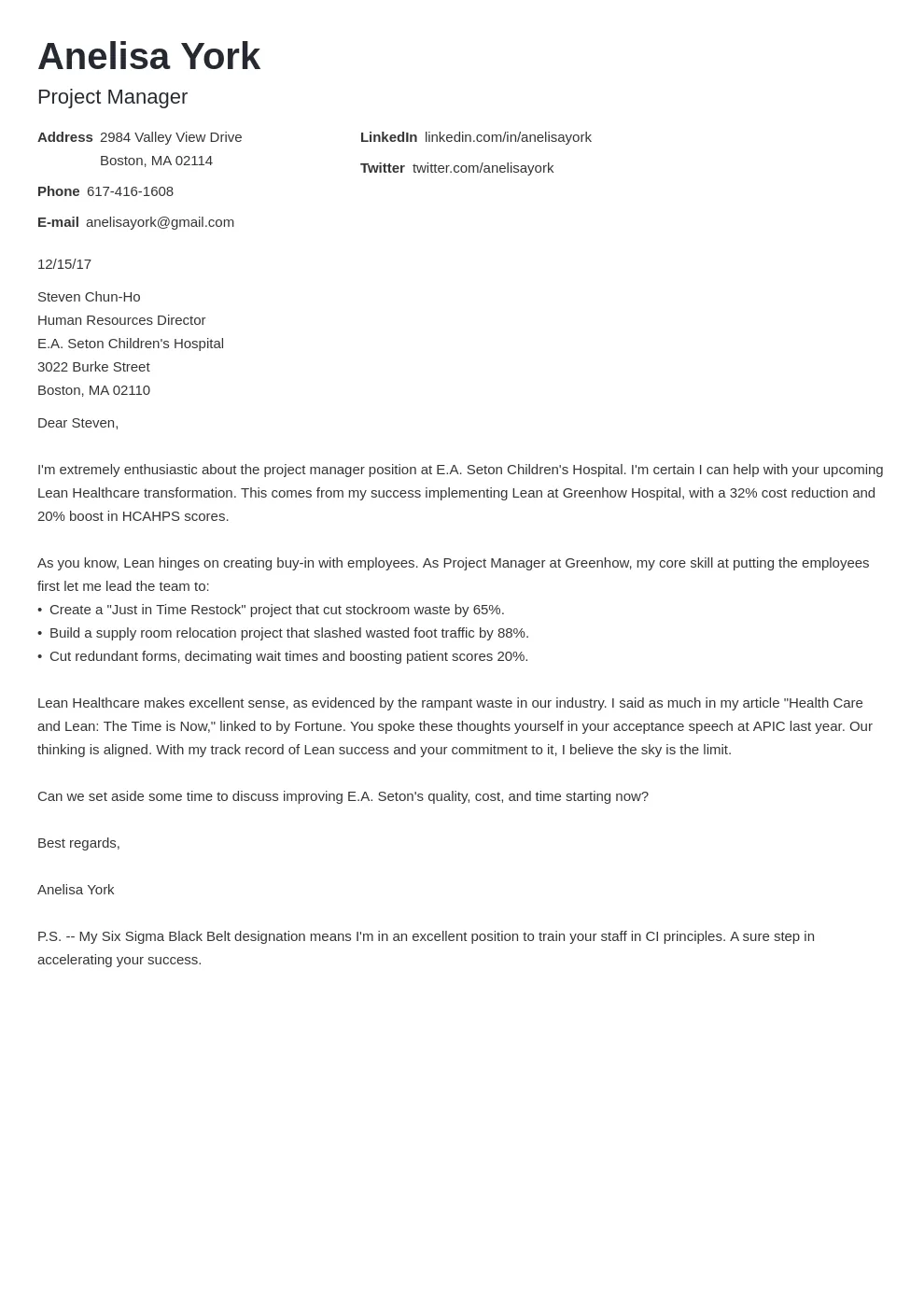
Your experience level often impacts the length of your cover letter. Entry-level candidates may have a shorter cover letter because they have less professional experience. These cover letters should focus on highlighting relevant coursework, internships, volunteer work, and transferable skills. More experienced professionals might have longer cover letters to showcase a more extensive history of accomplishments. However, even experienced professionals should strive to keep their cover letters concise, focusing on the most significant achievements that align with the job description. The goal is to match the length to the amount of relevant experience.
Industry Standards Cover Letter Length
Industry standards also affect the ideal cover letter length. Some industries, such as academia or certain creative fields, might allow for slightly longer cover letters because they require more detailed narratives. However, in most professional environments, a one-page cover letter is the norm. Researching the conventions of your industry is always a good practice. Reviewing sample cover letters from professionals in your field can provide valuable insights into what’s considered acceptable. Always aim to tailor your cover letter to the specific expectations of the industry and the company.
Job Type and Cover Letter Length
The job type itself can affect how long your cover letter should be. For example, a cover letter for a highly specialized or technical role might require more detail to showcase your expertise. In contrast, a cover letter for a more general role might be shorter. Always review the job description and identify the key requirements and expectations. If the job description emphasizes specific skills or projects, you may need to include more detail in your cover letter to address those points. However, ensure that you remain concise, focusing on the most relevant information.
Formatting Cover Letter for Brevity
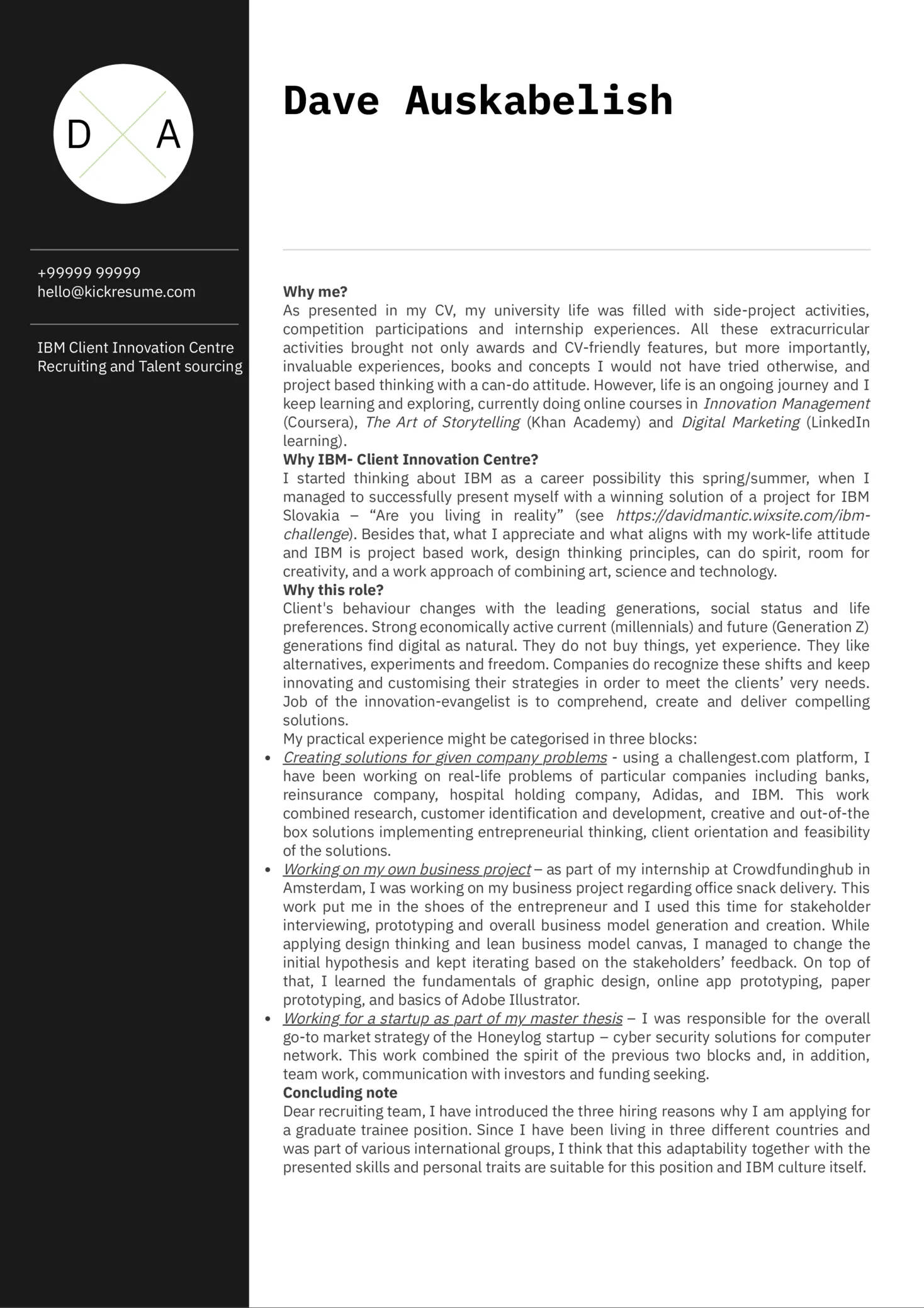
To keep your cover letter concise, effective formatting is crucial. Formatting choices can significantly affect the readability and impact of your cover letter. Effective formatting ensures that your message is easy to understand and that the hiring manager can quickly grasp the key points. In addition to keeping your content concise, consider these formatting tips to maximize the effectiveness of your cover letter.
Use Concise Language Cover Letter
Using concise language is crucial for keeping your cover letter within the ideal length. Avoid long sentences and wordy phrases. Prioritize clarity and directness. Remove unnecessary words and phrases that add little value to your message. Use strong verbs and specific examples to convey your accomplishments. Every word should contribute to making your case for the job. By using concise language, you can communicate more effectively in fewer words, respecting the reader’s time and making a stronger impression.
Prioritize Key Information
Prioritizing key information ensures your cover letter remains focused and impactful. Identify the most relevant skills, experiences, and achievements that align with the job description. Highlight those points prominently in your cover letter. Avoid including irrelevant details that distract from your qualifications. Focus on what makes you the best fit for the job and why the hiring manager should choose you. By prioritizing key information, you can create a cover letter that quickly captures the reader’s attention and demonstrates your value.
Tailoring Cover Letter
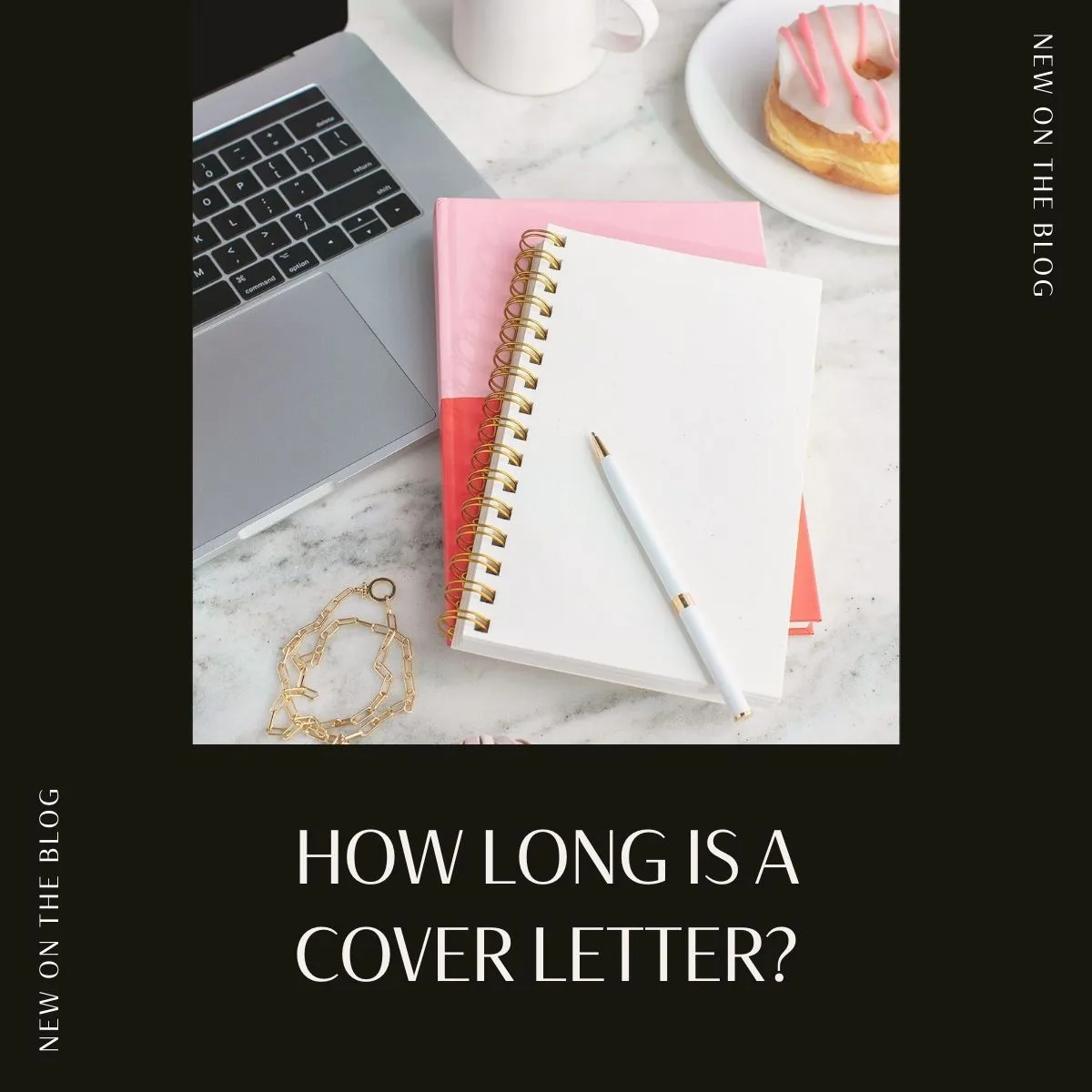
Customizing your cover letter for each job application is essential for success. A generic cover letter that is sent to multiple employers might appear less genuine and less appealing. A tailored cover letter shows that you have taken the time to understand the company and the specific requirements of the role. It demonstrates your genuine interest and your understanding of the company’s needs. This level of attention to detail can greatly increase your chances of getting an interview. Customization ensures that your cover letter is relevant and compelling.
Customize Cover Letter for Each Job
Customizing your cover letter means adjusting the content to fit the specific job you are applying for. This involves carefully reviewing the job description and identifying the key skills, experiences, and qualifications that the employer seeks. Highlight the most relevant aspects of your background and explain how your experience aligns with the specific role. Mention the company by name and demonstrate your understanding of their mission, values, or recent projects. Tailoring your cover letter demonstrates your dedication and your genuine interest in the opportunity.
Highlight Relevant Skills and Experience
In your tailored cover letter, clearly highlight the skills and experiences that are most relevant to the job. Use the job description to identify keywords and phrases and incorporate them into your writing. Provide specific examples of your achievements and how your past experiences align with the job requirements. Quantify your accomplishments whenever possible to provide evidence of your skills and the results you have achieved. By emphasizing relevant skills and experience, you can demonstrate that you are a strong candidate for the position.
Cover Letter Examples
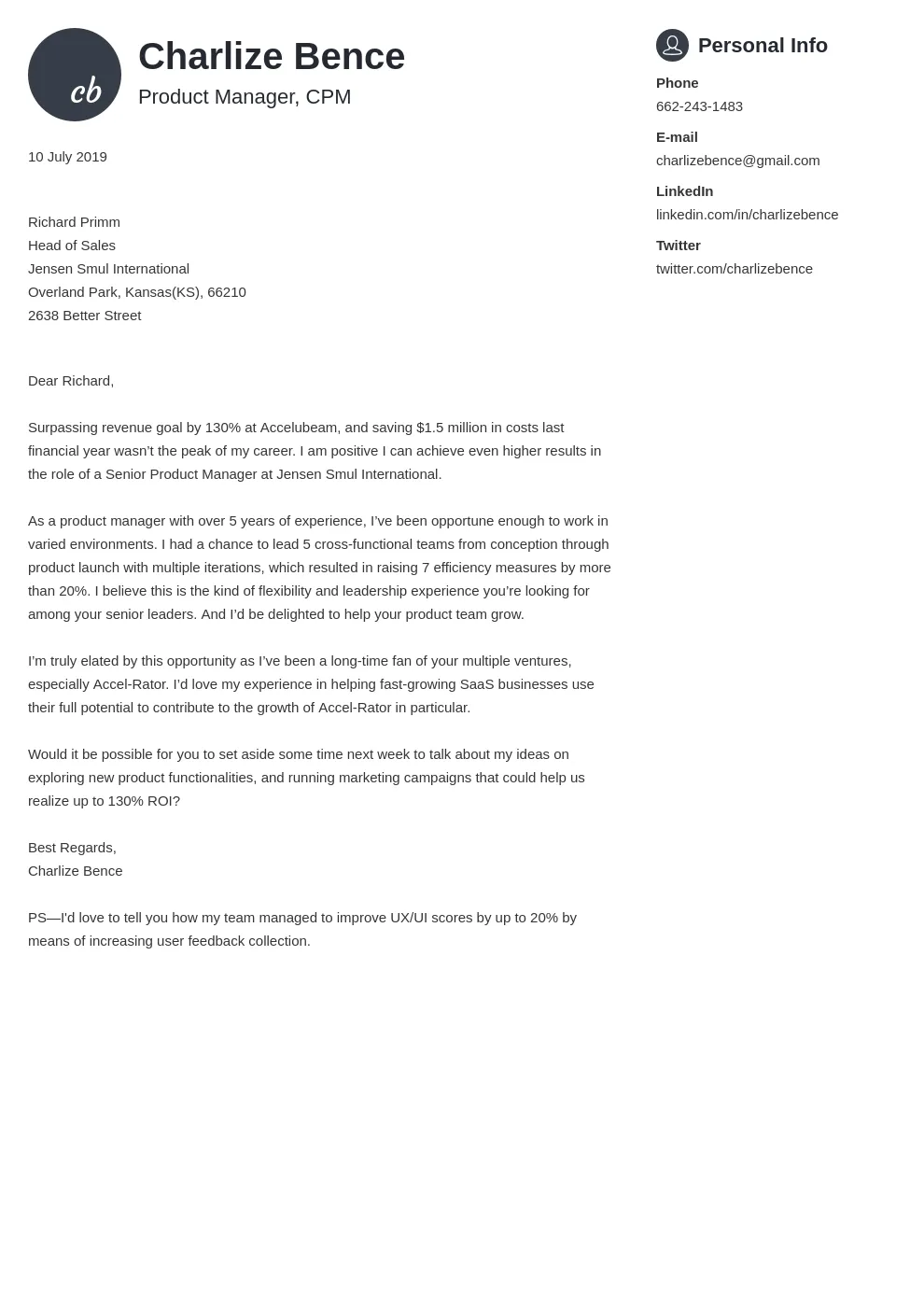
Looking at cover letter examples is a great way to get an idea of how to best structure and write your own. These examples showcase different styles and levels of detail, helping you find the format that suits your needs. Analyzing various examples can provide insight into how to structure your own document. By studying examples, you can get a better understanding of how to present your skills, experiences, and achievements effectively.
Example of a Short Cover Letter
A short cover letter typically includes the essential information within around 200-250 words. It starts with a brief introduction, quickly stating your interest in the position and your qualifications. This type of cover letter highlights your most relevant skills and experiences. The middle paragraphs should present a few key achievements and how they align with the job requirements. The closing paragraph should summarize your interest and offer a call to action, inviting the hiring manager to review your resume and contact you. A short cover letter is ideal when you want to be direct and to the point, especially if you have limited work experience or are applying for an entry-level position.
Example of a Medium Cover Letter
A medium cover letter, which usually falls within the 250-350 word range, offers a balanced approach. It allows you to provide more detail about your qualifications and experiences, without overwhelming the reader. The introduction should clearly state your interest and highlight a key achievement or skill. The body paragraphs should elaborate on your experience and connect it to the job requirements. Include specific examples and quantify your accomplishments whenever possible. The closing paragraph should reiterate your enthusiasm, summarize your key qualifications, and invite the hiring manager to contact you. A medium cover letter is a good option for most applications.
Example of a Long Cover Letter
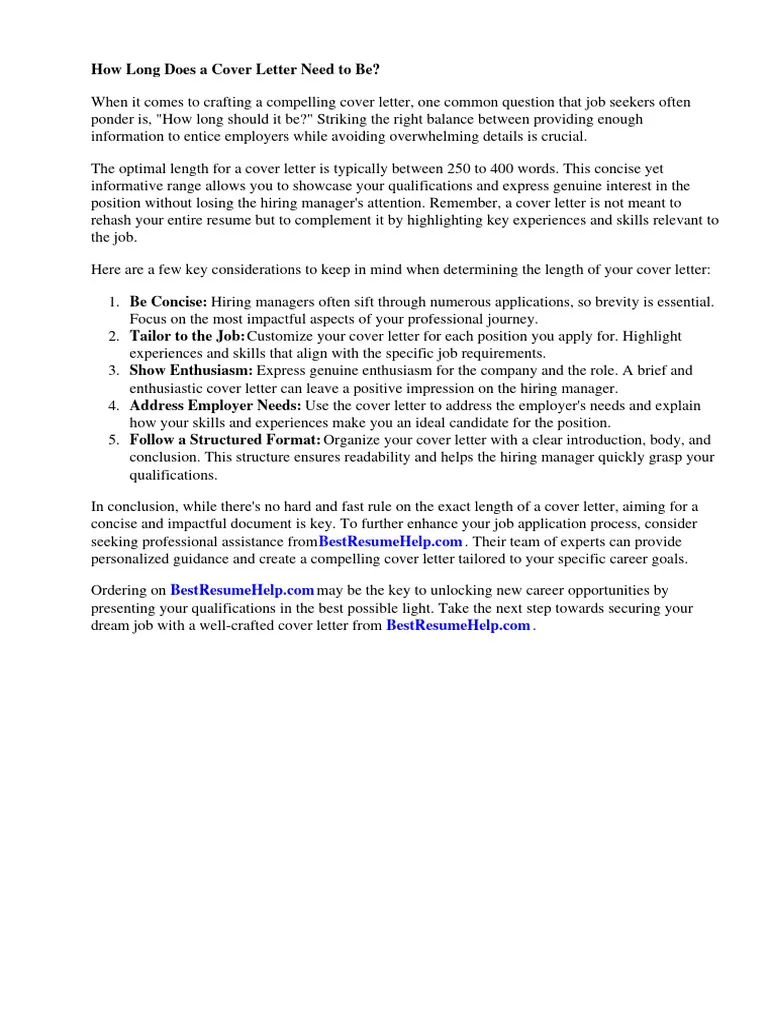
A long cover letter, typically exceeding 350 words and sometimes extending to a full page, should only be considered if the job requires detailed information. This type of cover letter provides ample space to describe your background, skills, and accomplishments in detail. The introduction should be engaging and clearly state your interest in the role. Each paragraph should focus on a particular aspect of your experience and provide specific examples to support your claims. The closing should be strong, summarizing your key qualifications and expressing your eagerness to discuss the opportunity further. A long cover letter is best suited for roles where you need to showcase a unique skill set or a complex history.
Conclusion Cover Letter Length
The ideal length of a cover letter is typically around one page or approximately 250 to 400 words. The main objective is to provide enough information to make a strong impression without losing the reader’s attention. By understanding the factors that influence cover letter length, such as experience level, industry standards, and job type, you can create a document that effectively showcases your qualifications. Tailor your cover letter, highlight relevant skills, and use concise language, and you will increase your chances of landing an interview. Remember that the length is just one aspect of a well-written cover letter. Focus on presenting yourself in the best light possible.
